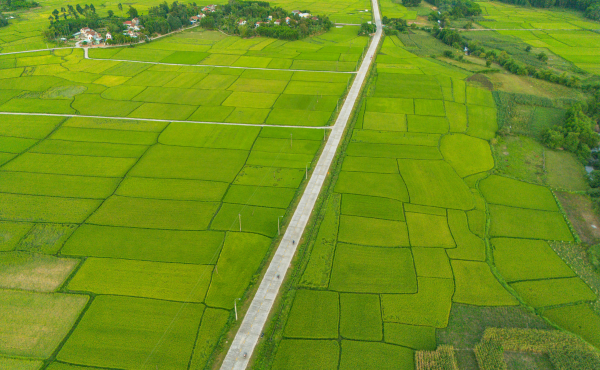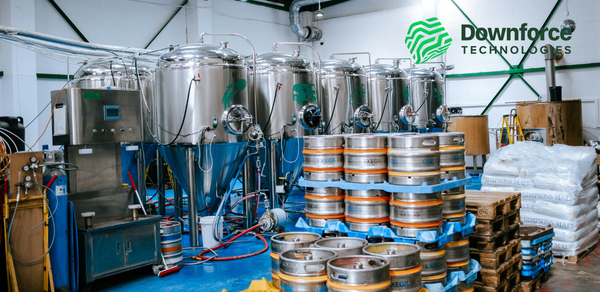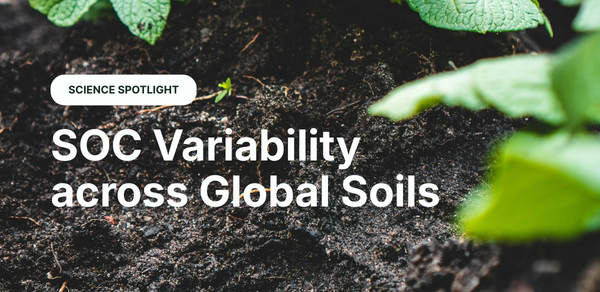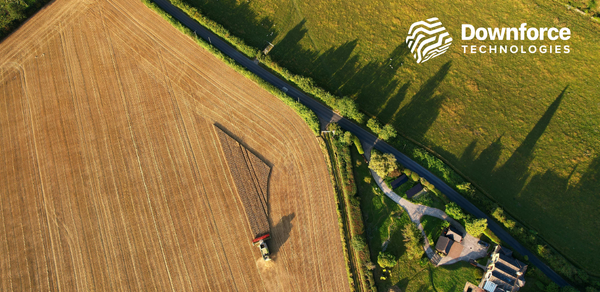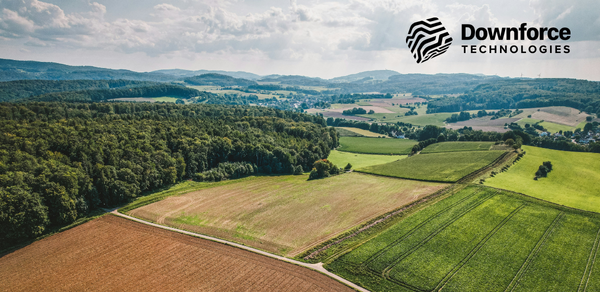Unlock the Business Benefits of Soil for a Resilient Future
Sep-20-2024
In an era of increasing climate uncertainty, the agricultural sector faces unprecedented challenges. From droughts and floods to extreme weather events, climate-related disasters have caused an average of $123 billion in annual losses to crop and livestock production over the past 30 years. This staggering figure, equivalent to 5% of global agricultural GDP according to the Food and Agriculture Organization (FAO), underscores the urgent need for resilient farming practices.
Enter soil organic carbon (SOC) – a powerful ally in the battle against climate change and a key factor in ensuring long-term farm performance, regulatory compliance, and access to carbon markets. However, its importance extends far beyond environmental concerns. Farmers, asset managers, consumer packaged goods (CPG) companies, and retailers are increasingly recognizing the pivotal role SOC plays in their operations and long-term success. This blog post explores why SOC matters and how it impacts various stakeholders across the supply chain.
Why Soil Organic Carbon Matters: It’s More Than Sustainability
Soil organic carbon is more than just a buzzword in sustainability circles. SOC is a measure of how much organic matter is in the soil, a critical indicator of its health, that directly affects agricultural productivity, business profitability, and environmental sustainability. Here's why different stakeholders should pay attention:
- Farmers: SOC is crucial for soil fertility, water retention, and crop yield.
- Asset Managers: SOC levels can influence land value and investment potential.
- CPG Companies: SOC in supply chains affects product quality, supply security and sustainability claims.
- Retailers: SOC impacts the quality and security of supply along with the sustainability of the products they sell.
SOC for Long-Term Farm Performance: Productivity, Profitability, and Resilience
Soil organic carbon is a key indicator of soil health, directly impacting agricultural productivity, profitability, and resilience. Here’s how:
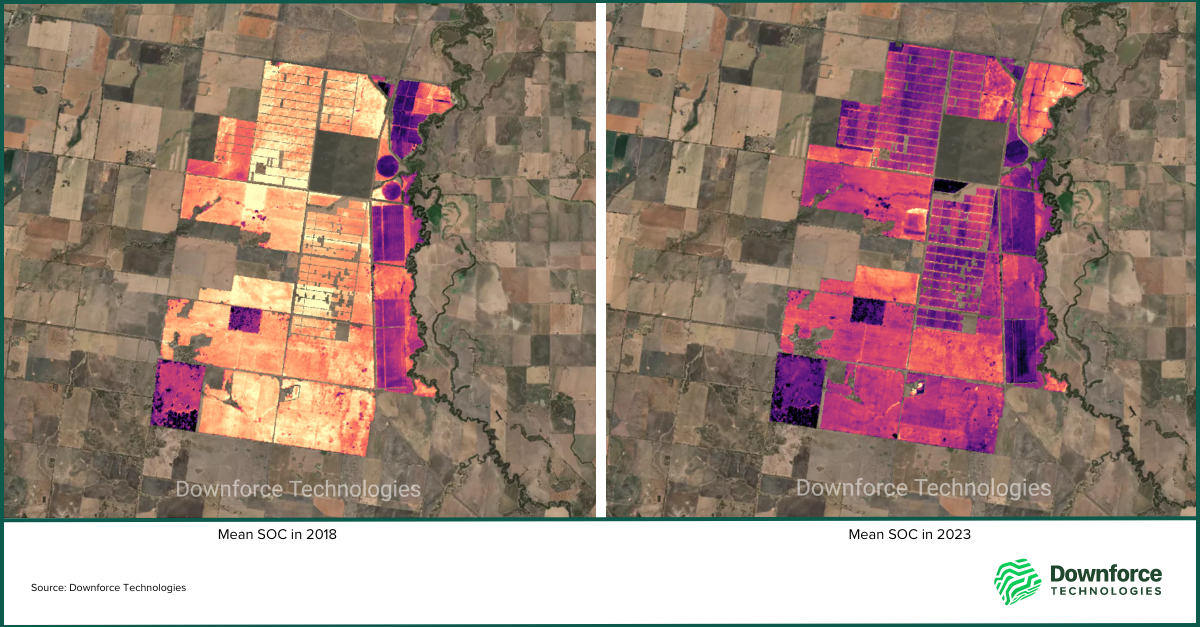
- Reduced Input Costs: Soils rich in organic carbon support thriving microbial communities that enhance nutrient cycling. This natural process reduces the need for synthetic fertilizers, lowering input costs while promoting sustainable practices.
- Enhanced Drought Resilience: SOC acts like a sponge, improving the soil's water-holding capacity. This means farms with higher SOC levels are better equipped to withstand dry periods, leading to more consistent yields and reduced risk of crop failure.
- Optimized Root Growth and Soil Structure: SOC plays a crucial role in maintaining optimal soil structure, enhancing water infiltration, aeration, and root growth. This allows plants to access nutrients and water more effectively, maximizing yield potential.
- Increased Profitability and Yield Stability: Numerous studies and farmer testimonials confirm that practices increasing SOC, such as no-till, cover cropping, and crop residue management, can lead to higher and more consistent yields while reducing input costs.
SOC for Regulatory Compliance and Reporting: Meeting Net Zero Goals
As governments and industries worldwide set ambitious net-zero targets, the agricultural sector is under increasing pressure to reduce its carbon footprint. SOC sequestration offers a tangible way for farms to contribute to these goals:
- Carbon Accounting: Accurately measuring and reporting SOC levels allows farms to quantify their carbon sequestration efforts, potentially offsetting emissions from other parts of their operations and contributing to their net-zero targets.
- Compliance with Environmental Regulations: Many regions, such as Europe and Australia, are implementing stricter climate reporting regulations for agriculture. Demonstrating improved SOC levels can help farming businesses and Agri-Supply chains meet these requirements and avoid potential penalties.
SOC for Carbon Markets: Insetting Credits Within the Supply Chain
The growing carbon market presents a unique opportunity for farms to monetize their sustainable practices:
- Carbon Credits: Increasing SOC through improved agricultural practices can generate valuable carbon credits.
- Supply Chain Insetting: By increasing SOC levels, farms can generate carbon credits that can be used by other companies working within their supply chain (insetting).
- Competitive Advantage: Products from farms with high SOC levels may command premium prices in markets that value sustainable and climate-friendly practices, offering a competitive edge in the marketplace.
SOC – A Win-Win for Farmers and the Planet
As we face the challenges of climate change and the need for sustainable food production, soil organic carbon emerges as a critical factor in building resilient and profitable agricultural systems. By focusing on SOC, farmers can improve their bottom line while contributing to global climate mitigation efforts. For asset managers, CPGs, and retailers, supporting and incentivizing SOC-enhancing practices in their supply chains is not just good for the environment – it's good for business.
How Downforce Technologies is Helping Solve the Challenge
Downforce Technologies is at the forefront of SOC monitoring and management. Our innovative solutions help stakeholders across the agriculture supply chain leverage and optimize the power of their SOC strategies:
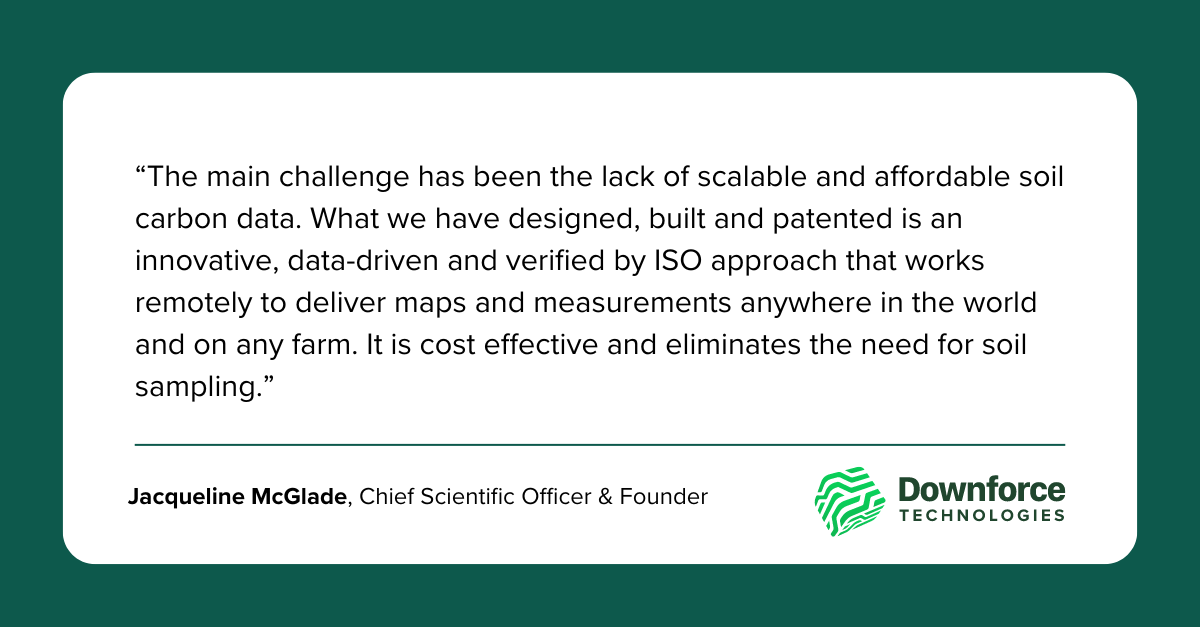
- Accurate SOC Measurement at Scale: Our solution is ISO14064-2 accredited (and US Patented) demonstrating our commitment to large scale, science-led, outcomes based MRV for SOC, without the need for costly and time-consuming soil sampling.
- Historical Data Analysis: We offer robust historical SOC data, enabling farmers and land managers to understand long-term trends and make informed decisions about land management practices.
- Supply Chain Integration: We provide tools for CPGs and retailers to monitor and report on SOC levels across their entire supply chain, supporting sustainability initiatives and carbon insetting programs.
- Carbon Credit Verification: Our technology can be used to verify SOC increases for carbon credit programs, opening new revenue streams for farmers.
Whether you're a farmer looking to boost your productivity and resilience, an asset manager seeking to optimize your agricultural investments, or a CPG company aiming to create a more sustainable supply chain, it's time to leverage the power of soil organic carbon.
Don't wait for climate change to impact your business. Take control of your agricultural future today. Contact Downforce Technologies now and start your journey towards more resilient, profitable, and sustainable farming practices. Let's work together to unlock the full potential of our soils and create a legacy of agricultural excellence for generations to come.
Back To News
